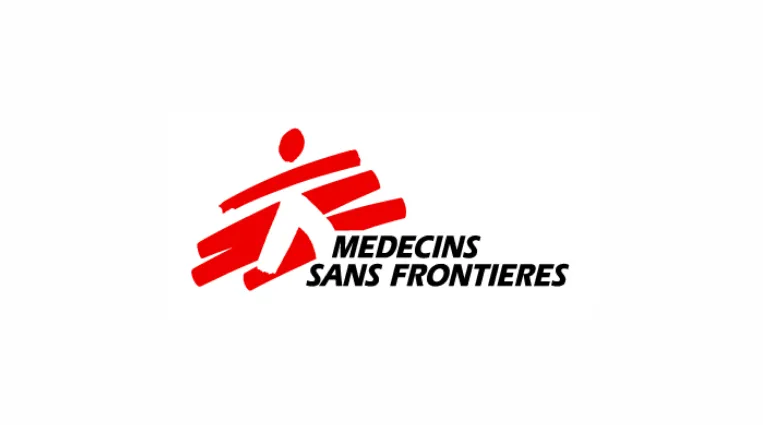Behind The Wire: Impact of State Containment and Exclusion Strategies on the Rohingya
26 August 2024


Executive Summary
Finding reliable and comprehensive information about the situation of Rohingya populations living around the world is extraordinarily difficult because they are forced to hide to survive. A comprehensive under- standing of the collective plight of the Rohingya as a people who have been persecuted for generations is needed in public discourse, along with action. Those who seek to support the Rohingya people can indirectly contribute to their marginalization by not analysing the situation globally, rendering the sum total of their plight invisible. Fundamentally, the Rohingya, as a people, are not free. Nearly everywhere they exist, whether in their home country of Myanmar or in the countries they fled to, Rohingya are met with policies and actions by states that contain them in harmful situations and reinforce the negative consequences of imposed statelessness.
Médecins Sans Frontières (MSF) works with Rohingya communities in Myanmar, Bangladesh, and Malaysia. Over the past three decades, MSF has borne witness to an increasingly fragile and desperate present and an uncertain, bleak future for Rohingya comm- unities.¹ Rohingya families are divided by local and international boundaries that they are legally prohibited from crossing. Intergenerational statelessness²—meaning that their lack of citizenship and rights are passed on from one generation to the next—and the fragmentation of Rohingya society pose a threat to their existence as a people. Based on exhaustive review of public and private sources and key informant interviews, the most credible and conservative estimate for the global Rohingya population is 2.8 million. With this number as a baseline, we can extrapolate the circumstances for different segments of the Rohingya population.
Announcements
21 May 2025
Open letter: Malaysia must lead ASEAN with principle, not hypocrisy, to address the Myanmar crisis

Progressive Voice is a participatory rights-based policy research and advocacy organization rooted in civil society, that maintains strong networks and relationships with grassroots organizations and community-based organizations throughout Myanmar. It acts as a bridge to the international community and international policymakers by amplifying voices from the ground, and advocating for a rights-based policy narrative.